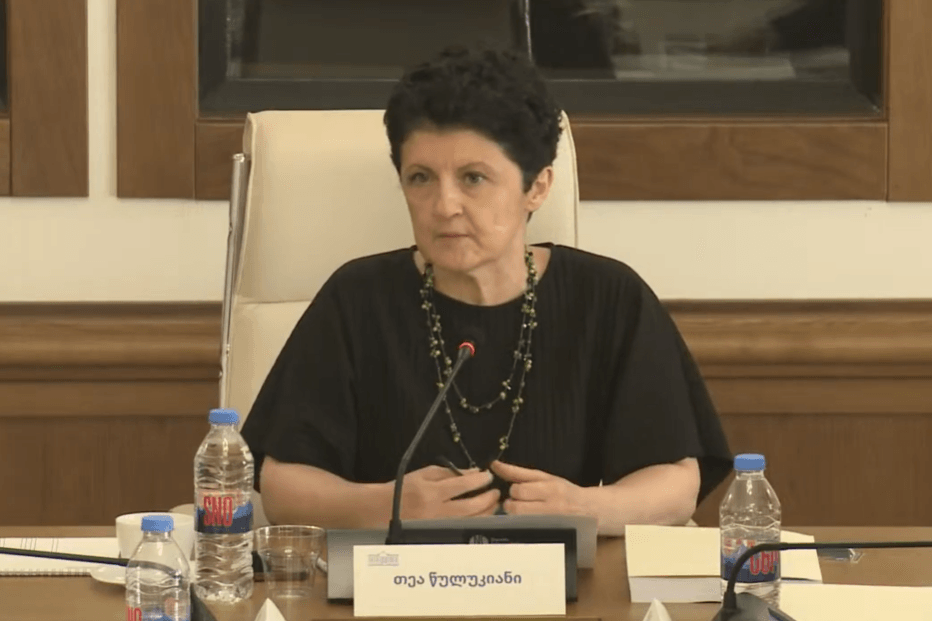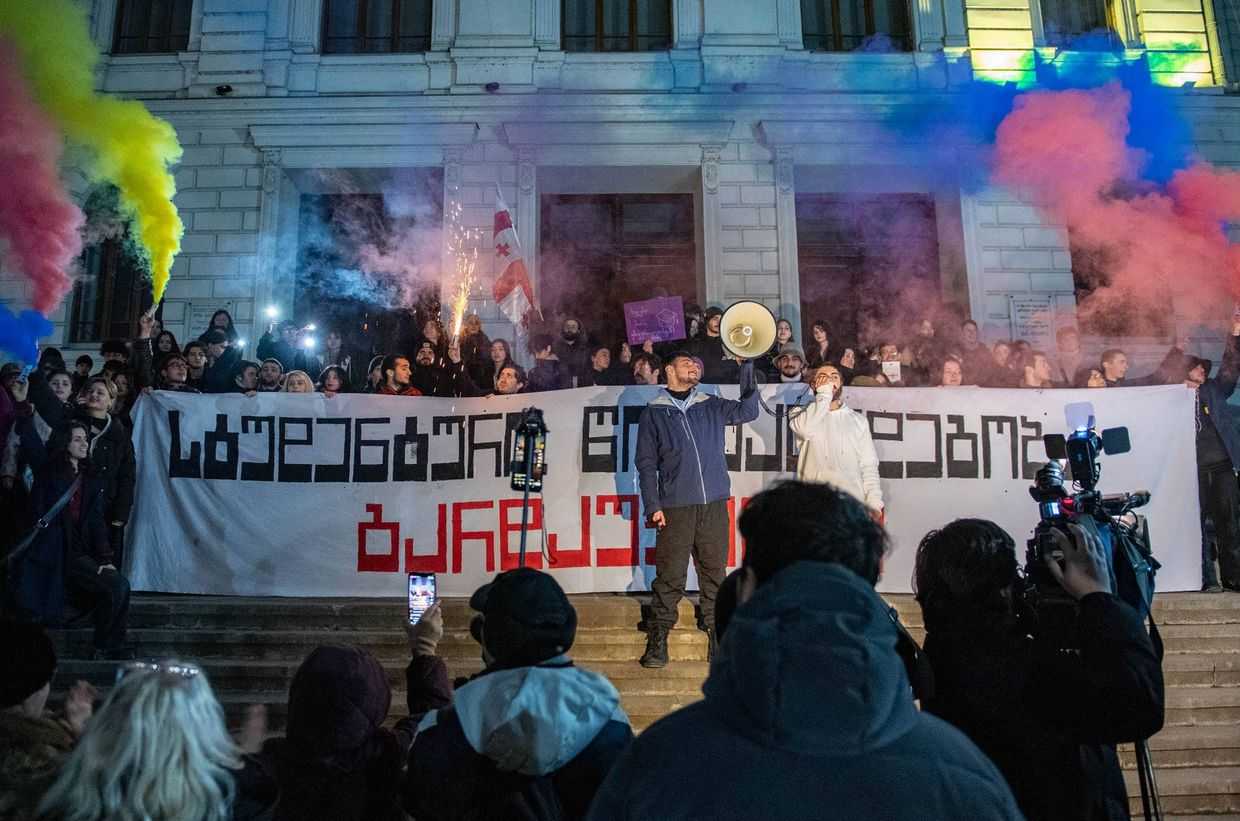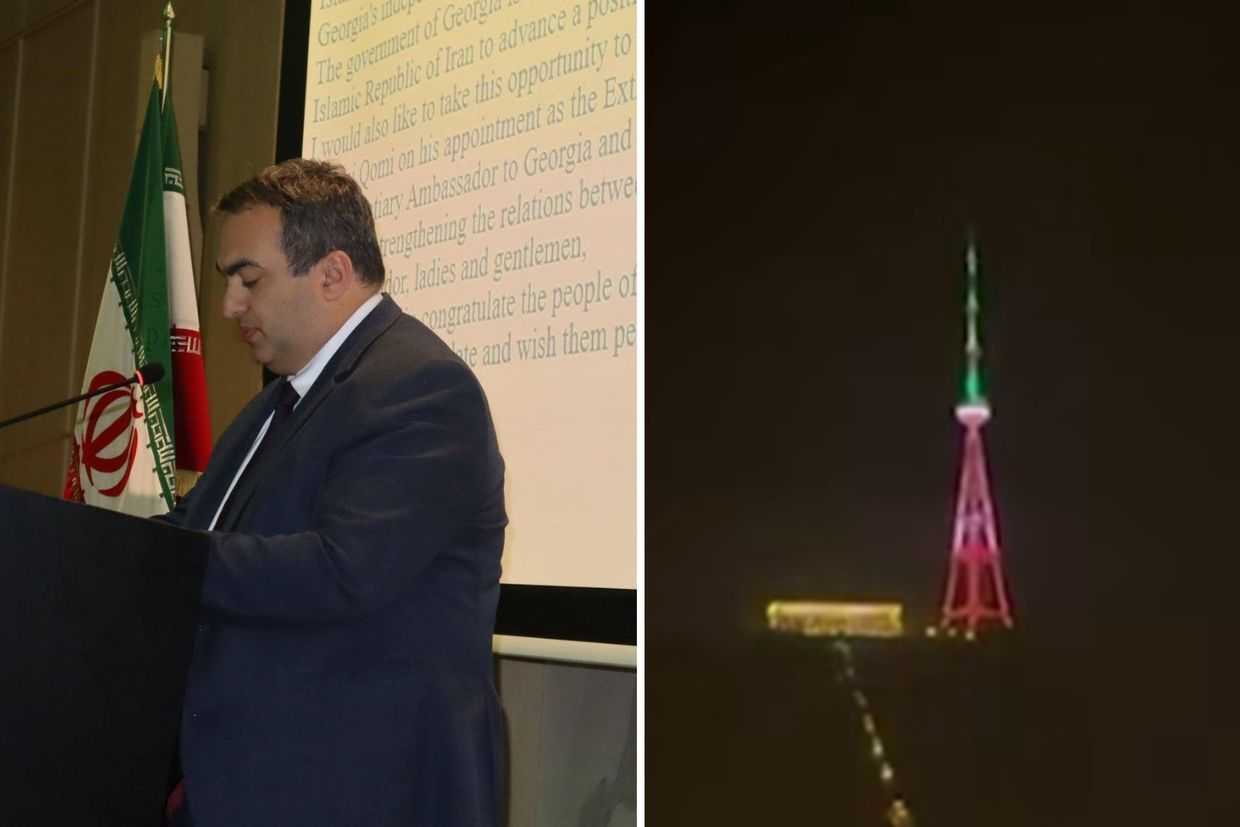
The parliamentary commission formed by the ruling Georgian Dream party to target and ban the opposition groups concluded its work on Monday. Eight current and former opposition figures are serving months-long sentences for boycotting the commission.
At the end of its work, the commission approved a final report which, according to its chair Tea Tsulukiani, consisted of 430 pages. She said the document would likely be made public in September, after it is presented to parliament.
The commission was set up in February ostensibly to investigate the ex-ruling United National Movement’s (UNM) time in power, following repeated pledges by Georgian Dream to punish the formerly ruling party, labelled as a ‘criminal regime’ by the current authorities.
Initially, its mandate was limited to the UNM’s years in government (2003–2012), but it was later expanded to cover the period up to the present day — effectively giving Georgian Dream free reign to target virtually any opposition figure.
The ruling party has openly declared that it intends to use the findings of the parliamentary commission to file a case with the Constitutional Court seeking to ban the UNM and the other main opposition parties — a promise the ruling party made to its voters ahead of the 2024 elections.
Georgian Dream based its demand on the claim that all major opposition groups operating in the country are satellites of the UNM and should no longer be allowed to exist. This claim targeted a wide range of parties, including For Georgia — a party founded in 2021 by former Georgian Dream Prime Minister Giorgi Gakharia, a sharp critic of the UNM.
Opposition leaders behind bars
Numerous opposition figures have boycotted the commission, refusing to recognise its legitimacy, as well as that of the current parliament, which has also been boycotted by major opposition parties following the disputed 2024 parliamentary elections.
Criminal cases were launched against those who refused to attend the commission’s hearings — if found guilty, those charged could be fined or sentenced to up to a year in prison. They could also be banned from holding public office or engaging in certain activities for up to three years.
Ultimately, eight individuals, including leaders of major opposition parties, were sentenced to months-long imprisonment and banned from holding political office for two years.
Those jailed included three leaders of the Coalition for Change — Nika Gvaramia, Nika Melia, and Zurab Japaridze; Lelo party leaders Mamuka Khazaradze and Badri Japaridze; Strategy Aghmashenebeli leader Giorgi Vashadze; former MP Givi Targamadze; and former Defense Minister Irakli Okruashvili.
Alongside other opposition figures, former Georgian Dream ally Gakharia was summoned to the commission twice. He agreed to appear, but in the second instance joined remotely from abroad, where he is reportedly still residing and has yet to return.
The parliamentary commission was composed of members of Georgian Dream and its satellite party, People’s Power.
Both the commission’s work and other parliamentary activities — including the adoption of restrictive laws targeting dissent — have been carried out by Georgian Dream amid an opposition boycott of parliament, allowing the ruling party and its allies to exercise full control over the legislative body.











